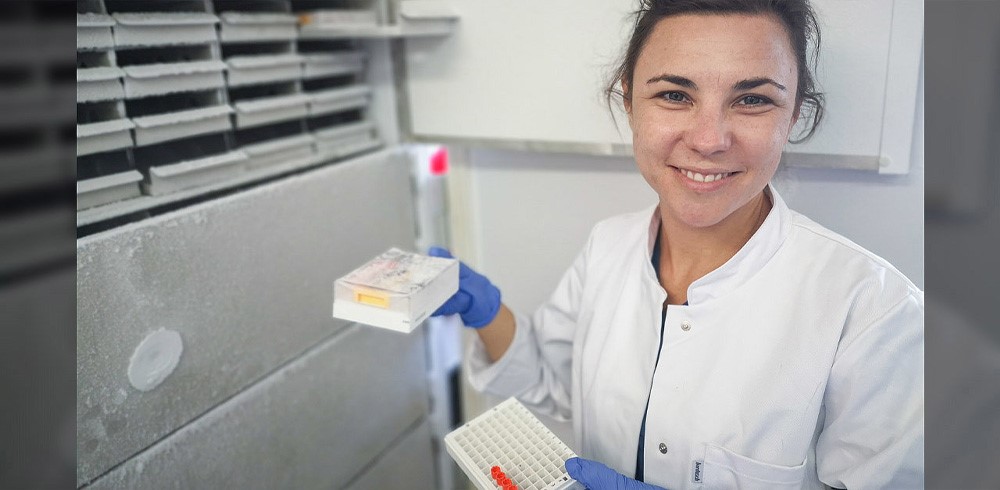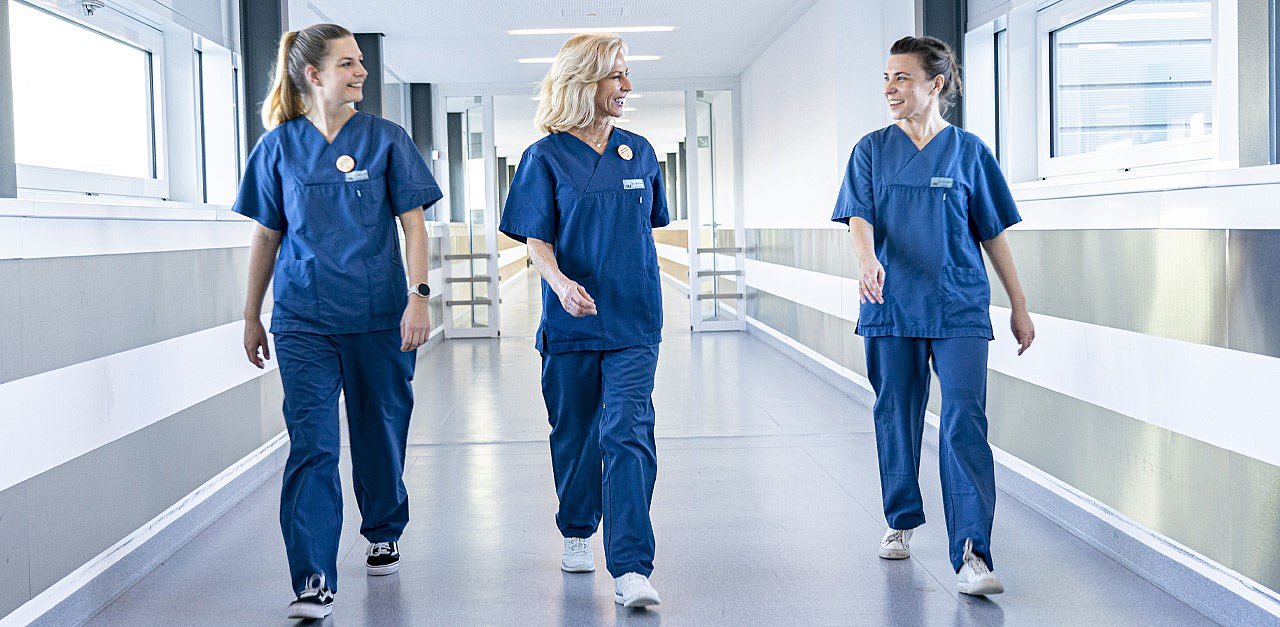What does it mean to be a study nurse? In search of the answer, attoworld staff member Ewelina at the Urology department of the LMU Hospital in Großhadern, Munich, helps to gain insight here. Ewelina is part of the BIRD team, leading patient recruitment in one of our ongoing studies, sharing her experiences here.
In 2022, the study “Infrared Spectroscopy of Exprimate Urine and Blood for Prostate Cancer Detection” took off. It aims to develop a non-invasive diagnostic test for prostate cancer diagnosis. Is such a test even feasible? The attempt is building on highly sensitive and specific laser-based field-resolved infrared spectroscopy – technology not tested for this purpose, with vast technological potential. And what is the challenge at the clinics? At the clinic the major quest is to collect blood and urine samples from patients diagnosed with prostate cancer and different control individuals. Importantly, the samples would be of no value if not processed according to our protocols and if not accompanied by the medical data on the individuals. Screening potential patients through the hospital’s internal systems is my daily routine. Once assessed, a further step is to ensure that all team members, including doctors and nurses, are aware of the daily recruitment plan.
I often observe challenges experienced by healthcare professionals, with the most prominent being time constraints and staff shortages. A difficult task, therefore, is to ensure that the recruitment occurs without disruption albeit often in the middle of hectic routine of a hospital environment. How to ensure this? Our potential patients are often feeling overwhelmed, finding themselves in an unfamiliar hospital environment. Covid-19 brought new challenges when a relative or a close friend could not accompany an anxious patient.
Patients often share their personal stories related to the disease, hence building a personal connection with a patient is enormously rewarding and meaningful. Our patients often acknowledge the importance of this study and are proud to contribute to this project. Many expressed the misfortune of this method not being available at present time. Nonetheless, they are hopeful that participating in the study can make a difference for those diagnosed in the future, perhaps their children and grandchildren. This is however only one side of the efforts. A large inter-disciplinary team works together to bring these clinical samples to the wet labs at the attoworld team in Garching. There, the samples get to be processed and finally measured.

Although the BIRD team is just being on their tiptoes – excitingly awaiting what the infrared molecular fingerprints will tell here – the quest is even greater. What we learned is that the success of our clinical studies lies in a joint effort of scientists and healthcare professionals who collaborate to approach the common goal. Thus, we are all proud that the first 150 patients already accepted participation and will be enabling this venture – to find new ways to catch prostate cancer. In a rhythm of the project started by the steps of a study nurse!
a rhythm spawning at the clinics
